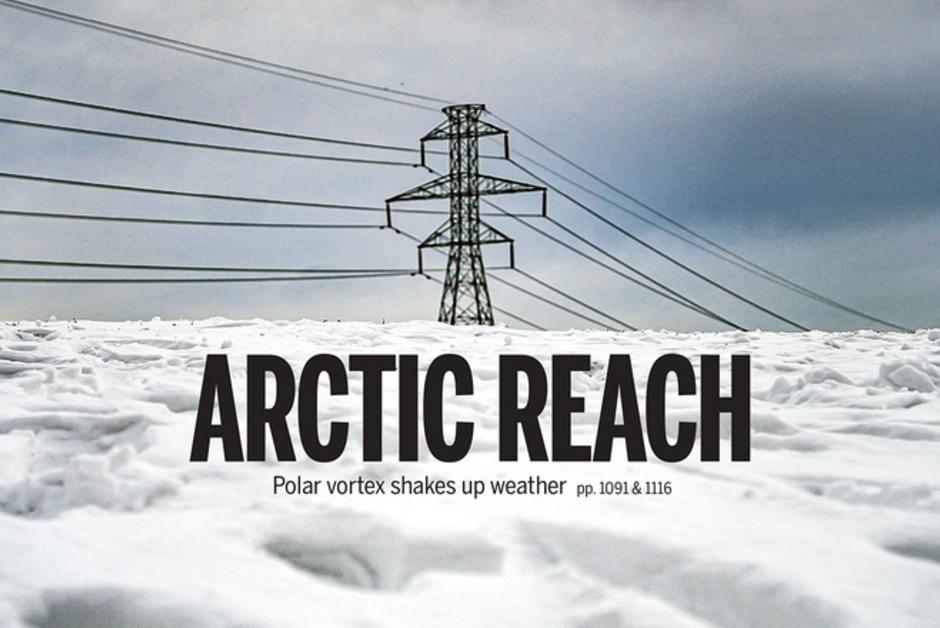
The polar vortex is disrupting the climate.
In its September 3 issue, the magazine Science It highlights a study that demonstrates the link between warming the Arctic and the occurrence of severe winters.
Landscapes evoke the Scandinavian Peninsula, yet photography in The front page of the magazine Science Taken in Dallas, Texas. The region usually has a hot and humid subtropical climate, and was particularly affected by the unprecedented cold snap last winter, which killed 111 people.
In the September 3 issue, review It highlights a study that explains this extreme climate event. And the address:
The Arctic is on our doorstep – the polar vortex of climate change.”
Five researchers in environmental sciences succeeded in demonstrating “Climate change in the Arctic is expected to cause chain reactions, including what they call the stall of the stratospheric polar vortex, which can lead to periods of extreme cold in southern latitudes.”
The polar vortex affects the rotation of other winds
The authors point out that the Arctic is warming twice as fast as the global average. Two phenomena are observed: thinning of the ice pack, and intensification of snowfall between October and January at high altitudes, especially in Siberia.
This mode has a domino effect. As the temperature rises in the west of the Eurasian continent, it decreases in the east, which disrupts the circulation of the atmosphere, in particular the stratospheric polar vortex, “Those winds that circulate from east to west around the North Pole during the cold season at an altitude of 10 to 50 kilometers.”
Under the influence of atmospheric turbulence, the rotation of this wind becomes elliptical. This extension pushes the jet stream airflow south, bringing in cooler air.
Then the causation
In their study, the researchers compared the temperature reading to the shape of the polar vortex, which found an association between cold winters and the vortex’s expansion. They supplemented this analysis with climate models—and succeeded in establishing a direct causal relationship.
So, paradoxically, global warming can enhance bouts of extreme cold. What happened last winter in the United States may just be a taste of tomorrow’s winter. The authors caution:
Believing that harsh winters are a thing of the past will only exacerbate the human and economic cost of global warming, as the sudden cold in Texas demonstrated in February 2021.”
Source
Prestigious magazine created in 1848. It provides a particularly detailed and comprehensive panoramic view of the country and science debates in the United States and in the rest of the world. The site deals with the topics presented in the weekly and puts them
[…]
read more

“Organizer. Social media geek. General communicator. Bacon scholar. Proud pop culture trailblazer.”
